Celebrating International Womens Day
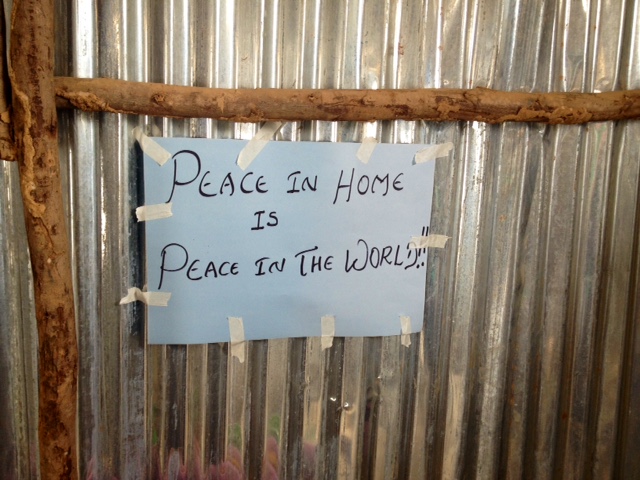
Intervention Specialist for Emergency Operation
What would it take to make our world a better place for all? What individual and collective actions could alleviate suffering of women and also advance women’s rights throughout the world?
Violence affects people throughout the world. In the 21st century, many acts of violence are increasingly publicized in the media, while abuses committed behind closed doors in the confines of one’s own home often remain completely hidden. Intimate partner violence (IPV), defined as physical, sexual, of psychological violence within the context of an intimate relationship, is prevalent throughout the world and is a violation of human rights. Women and girls are at risk of IPV, and refugees and internally displaced persons are also especially vulnerable to violence. Universal declarations and government covenants declare that the human rights of girls and women need to be respected, protected, and fulfilled as part of ensuring the well-being and rights of everyone in any society; however, there is a need for further progress, especially in addressing social, cultural and gender norms that may contribute to IPV.
International Women’s Day, celebrated earlier this month, is globally acknowledged because it is one event that unites the global community to voice concerns of injustices toward women and girls. It also offers an opportunity to reflect on and celebrate women’s strengths and the ways in which women’s rights have progressed. The world celebrates this special day and highlights the efforts from government, NGO, philanthropic organizations, corporations, academic institutions, women's associations and media organizations.
Many organizations or groups declare an annual International Women’s Day theme that supports their specific agenda or cause. Current themes focus on the importance of gender equality. For example, the theme for UN Women is “Planet 50-50 by 2030: Step It Up for Gender Equality”. Similarly, the African Union celebrates the International Women’s Day with the theme “Agenda 2063: A Pledge for Gender Equality and Women’s Empowerment”. On its exciting agenda, the African Union proposes to ensure positive socioeconomic transformation of the continent in the next 50 years. In this agenda, while nearly all of the aspirations focus on women, Aspiration 6 clearly call all of its member states to achieve gender equality by 2020. These and other similar efforts indicate the extent to which efforts are aiming to protect, empower and advance women.
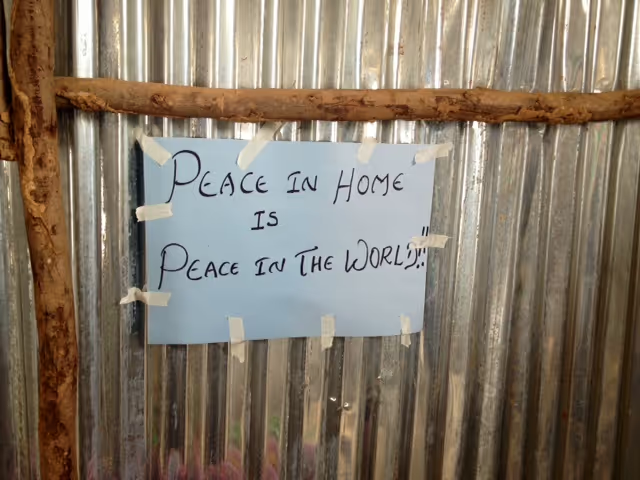
Women and Health Alliance (WAHA) International is translating such calls to action by implementing this and other projects to improve the health and wellbeing of women. Building on other global efforts, WAHA International and its collaborative organizations are taking a lead in challenging and transforming norms that contribute to IPV. On International Women’s Day and throughout the year, WAHA International is working to advocate, create awareness and challenge and transform norms.
With our novel project, funded by the Humanitarian Innovation Fund, we will be developing and testing an intervention to reduce IPV in displaced Muslim communities in Dollo Ado refugee camps of Ethiopia. Available evidence indicates that cultural, social and gender norms regulate the roles and relationships of women and men within cultural or social groups. Often unspoken, these norms define what is considered appropriate behavior, govern what is and are not acceptable, and shape the interactions between women and men. Certain cultural, social and gender norms may make women vulnerable to violence from intimate partners, place them at increased risk of sexual violence, and condone or support the acceptability of violence.
The intervention targets women, men and couples to and will be delivered through community practices, cultural ceremonies and traditions. Drawing on global literature reviews, we have designed a participatory approach that engages both women and men to break the silence that often surrounds IPV and to influence knowledge, attitude and practices of our target population. The project aims to prevent and reduce IPV through the active participation and engagement of the refugee community in planning, implementation and evaluation. Broadly, we believe that individual or collective actions when intensified can make this world safe for all and advance the rights of women.
In the coming months, we will be conducting formative research to identify factors, such as cultural, social, gender, and religious factors that may increase risk of IPV or have a protective effect. Following this, we will then develop an intervention grounded in social science theory for modification of these risk factors. Using an ecological model, our proposed innovation considers the interaction of individual, relational, community, and societal level factors with the humanitarian context. The theory of change relies on strategies of community engagement, engaging men, peer influence and normative change to prevent and reduce IPV. Our efforts are to transform social and cultural norms through targeted programs with the objective of increasing an individual's knowledge, changing attitudes toward gender norms and violence, and changing social norms around masculinity, power, gender, and violence. We also aim at building the capacity and confidence of girls and women, as well as boys and men, to speak up and intervene against violence, and thus transform the social environment.
Globally, individuals and institutions are pledging to move from talk to purposeful action. We at WAHA International, through the generous financial support of our donor, are joining forces to ensure that women live in environments without violence and to ensure their full contributions to the world.
Let’s unite to end IPV and other forms of violence against women and make our world a better place for all!
Samuel Tewolde
Stay updated
Sign up for our newsletter to receive regular updates on resources, news, and insights like this. Don’t miss out on important information that can help you stay informed and engaged.
Related articles
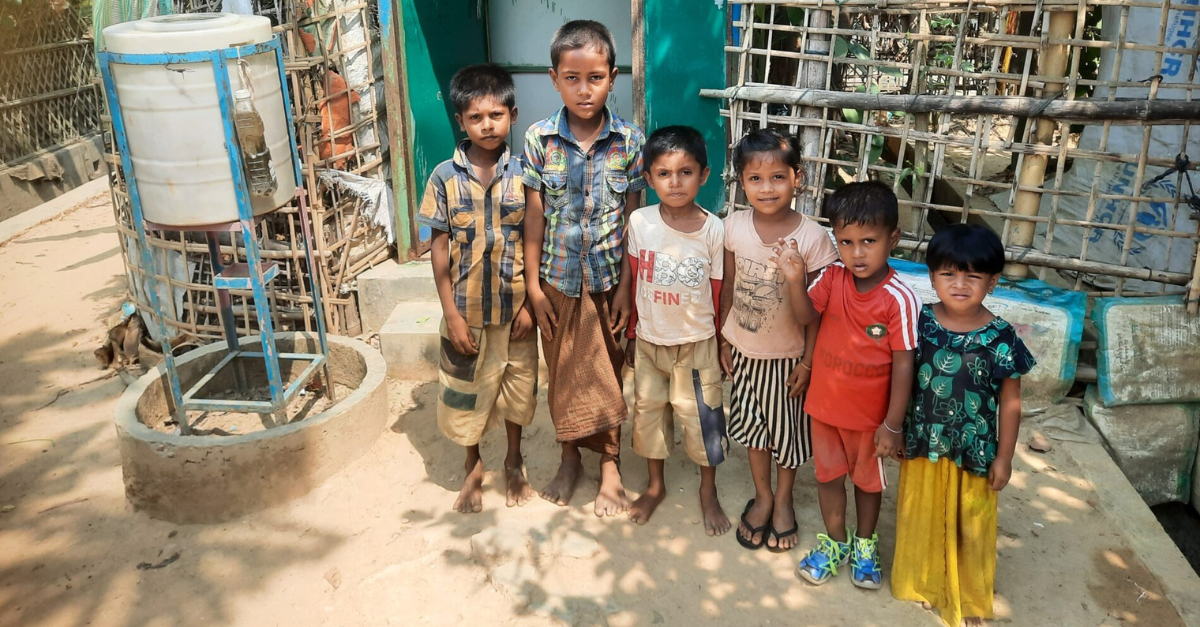
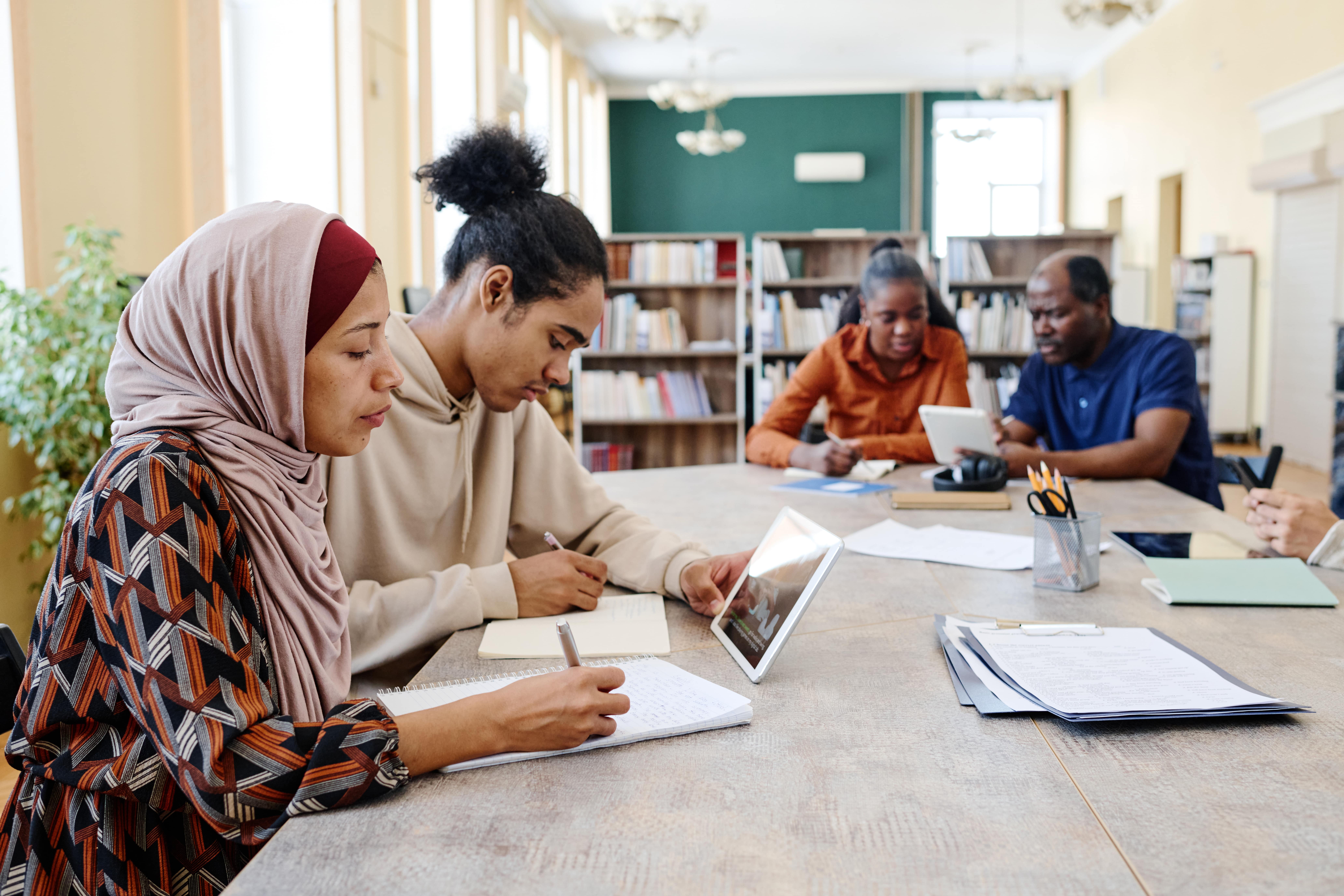
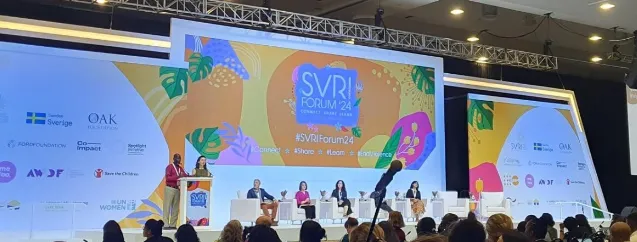
Explore Elrha
Learn more about our mission, the organisations we support, and the resources we provide to drive research and innovation in humanitarian response.